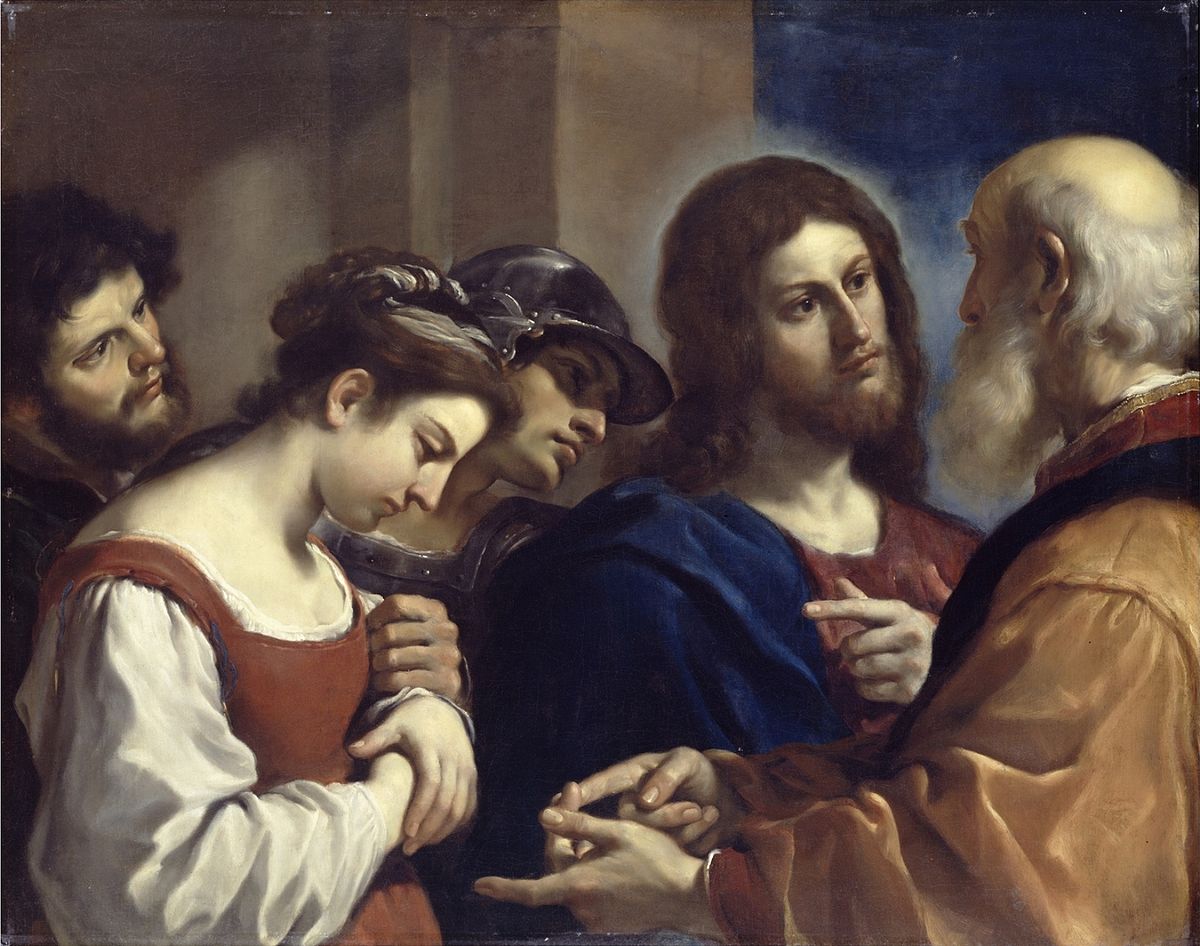April 2021 Marks the 500th Anniversary of the Most Important Event in World History since the Resurrection of Jesus Christ
Since your most serene majesty and your high mightinesses require of me a simple, clear and direct answer, I will give one, and it is this: I cannot submit my faith either to the pope or to the council, because it is as clear as noonday that they have fallen into error and even into glaring inconsistency with themselves. If, then, I am not convinced by proof from Holy Scripture, or by cogent reasons, if I am not satisfied by the very text I have cited, and if my judgment is not in this way brought into subjection to God’s word, I neither can nor will retract anything; for it cannot be either safe or honest for a Christian to speak against his conscience. Here I stand; I cannot do otherwise; God help me! Amen
The Background
On April 17, 1521, Martin Luther appeared before the Diet of Worms to defend his criticisms against the papacy and the teachings of the Roman Catholic Church. The Diet of Worms included Charles I in his first formal appearance as king of the Holy Roman Empire since the death of his uncle Maximilian, seven electors (princes), and many other dignitaries. The Diet had been meeting since January 28.
King Charles 1 had the title of King of Spain when his uncle died and he needed the support of the German electors and the Roman Catholic Church. He was named Charles V of the Holy Roman Empire but would not be crowned as emperor until February 24, 1530. King Francis 1 of France and Henry VIII of England also wanted to be the emperor of the Holy Roman Empire. Suleman the Magnificent, Sultan of the Ottoman Empire, wanted his territory. Europe was divided. The money of the Fugger family from Augsburg financed the bribes paid to the four secular electors and the power of the Roman Catholic Church provided support to the three ecclesiastical electors.
The Trial of the Century!
Martin Luther was excommunicated on January 3, 1521 and the Roman Catholic Church wanted him arrested, silenced, and to end the heresy that repentance was a daily responsibility and that forgiveness of sins was freely granted by God as written in Matthew 4:17. When Martin Luther burned the papal document (bull) calling for him to repent in public on December 10, 1520, he challenged the canon law of the Roman Catholic Church. This was radical and threatened the power and stability of the government, which was the Roman Catholic Church, its councils and popes.
Martin Luther was very popular in the area of the German states and the powerful elector in his state, Frederick the Wise, advised King Charles to give Martin Luther a ‘trial’ or the opportunity to defend his action of burning the papal bull stating that he would be excommunicated if he did not recant or denounce his books had errors.
When Luther entered the great hall of the Diet, there were twenty-five books laid before him on a table. He was asked two questions: Are these books yours? Will you recant them?
Luther came prepared to debate and to present his position. He was taken back by these two unexpected questions. He answered affirmatively that these books were his but since his books included the words of God in the Holy Bible and his interpretation of these sacred words, he was not able to answer the second question and denounce them because he considered God’s Word to be the truth.
April 18, 1521 is perhaps the most famous day in world history. Martin Luther did not recant and defended the Word of God as the source of truth and its authority was superior to the canon law of the Roman Catholic Church, which was the rule of law in Europe since the Council of Nicaea (Nicene Creed) in 325.
What Changed?
Martin Luther was declared public enemy #1 in all of Europe and given 60 days of protection to return to his home town of Wittenberg. He would then be arrested and executed. Instead, upon leaving the city of Worms he was taken hostage in a pre-arranged plan to protect him in hiding in the Wartburg Castle in the Thuringia forest. He was disguised and took the name of Junker Jorge. He remained in hiding for ten months and returned to public life in an attempt to provide unity to how his teachings were being implemented by others. While he was in hiding, he interpreted the New Testament of the Bible into the German language. This new translation will be published in September 1522 and this changed the world!
People began reading the Gospels and quoting verses from the Holy Bible when they wrote letters and gave speeches. The Roman Catholic lost its monopoly on knowledge as the Bible was introduced into homes and schools. It inspired artists, musicians, writers, and inspired many to become ministers. One hundred years later in 1620, the Pilgrims will come to Plymouth colony in Massachusetts for religious freedom. Marriages will be approved by local secular officials in addition to the clergy. Norway and Denmark will sanction the Lutheran faith as their state religion in the next 15 years.
What does this Anniversary Mean for the 21st Century?
The 400th anniversary of the Diet of Worms was a big world event even though it occurred during the Flu Epidemic, at a time when materialism and science challenged religious truths and when the world was rebuilding after World War 1. There were concerts, movies, and speeches.
The 500th anniversary will likely go unnoticed by the media, governments, artists and musicians. It is a lost opportunity and one that can perhaps be regained as we remember the translation of the New Testament of the Bible into the language of the people in September 1522. I have tried to get people’s attention for the past three years and have been rejected every time – even by the clergy.
The celebration of God’s Word, the free gift of forgiveness, the opportunity to read and reflect on God’s Word in the privacy of our homes is why the events at the Diet of Worms a half a millennium in the past is the most important event in world history since the Resurrection of Jesus Christ!
The practical reason why we need to remember the Diet of Worms is that in the first 21 years of the 21st century, we have experienced three devasting challenges: the terrorism of 9/11, the financial collapse of the world economy in 2008, the Covid-19 pandemic of 2020.
The future challenges of the next 21 years are predictable and our children and teenagers need to have the spiritual foundation and confidence to meet the death and evil that will be coming. Perhaps the biggest challenges shaking our faith will be the impact of a warmer climate – deadly storms, food shortages, flooding, and migration of people to cooler places in the North. The Baby Boomer generation will turn 85 and be faced with health issues, dementia, and loneliness. Morality will continue to decline as artificial intelligence dominates our decision-making, injustice and hatred increase, and church buildings are converted into secular enterprises.
We do not have time on our side. Hopefully, you will be inspired to follow in the steps of Martin Luther and take a stand for the truth in God’s Word!














